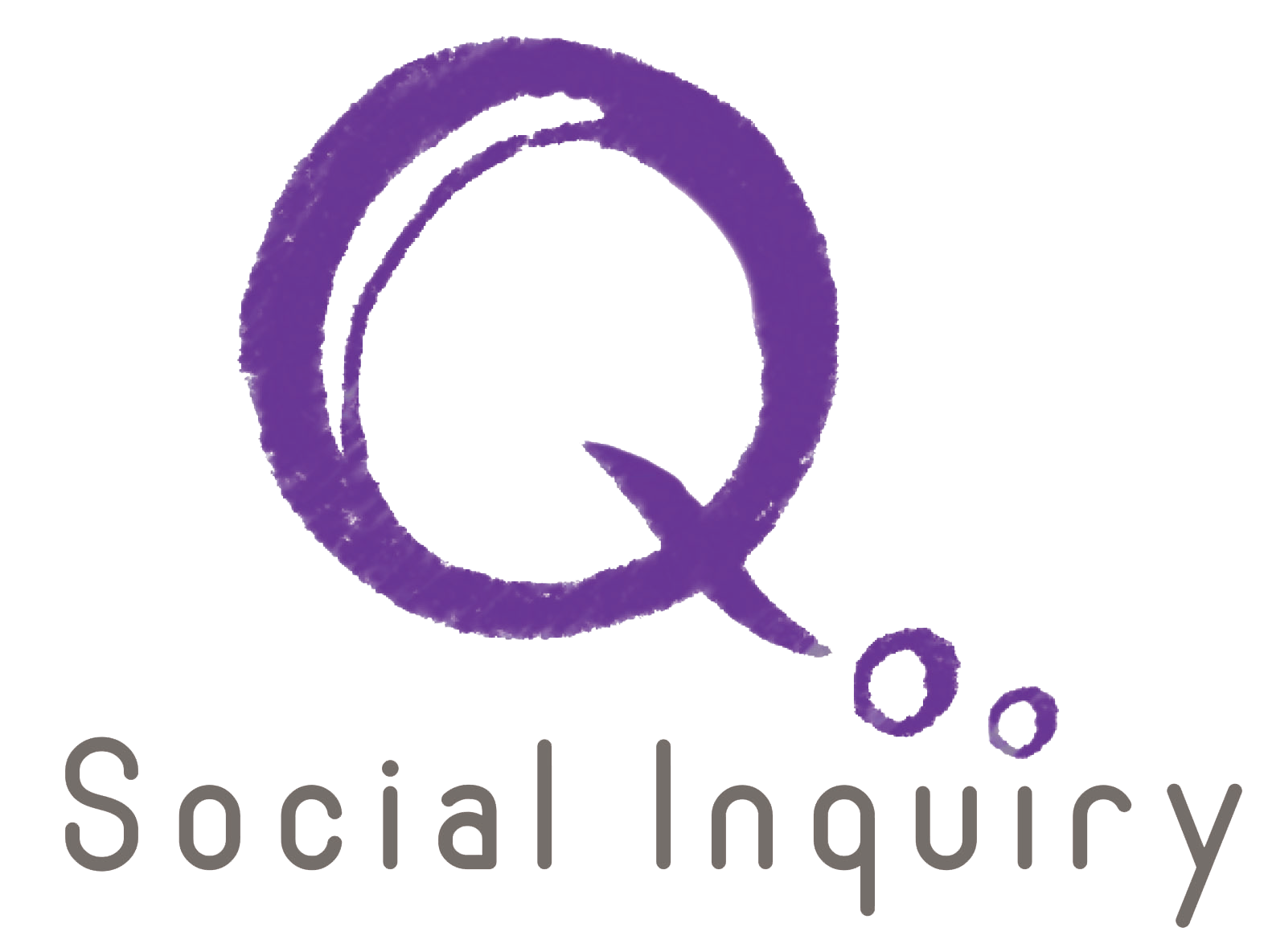Back to square one: issues for big and small social cohesion in Iraq in the wake of oil market collapse
Closed shops in Kifri’s old bazaar, September 2016. Photo credit: Roger Guiu.
With oil prices going through a large depression, history seems to repeat for oil-dependent countries in the Middle East once again. If this price level lasts long enough, the precarious fiscal balance of these countries is at risk of collapsing. This leaves governments unable to compensate for a decrease in national oil revenues with taxation or to reduce salaries for their bloated public payrolls without leaving tens of thousands of families at risk of falling into poverty. Many of us at Social Inquiry were in Iraq the last time such a drastic decrease in oil prices occurred, in 2014 and 2015, when it converged with the peak of the ISIL conflict. Now, while there is no outbreak of conflict to the scale of the fight against ISIL, there is an outbreak of COVID-19, ongoing civilian protests, and no formal government established as yet. These dynamics seem to mirror those that preceded them and, based on this, there are three fissures that run the risk of flaring up again, reversing any gains from all the work on stabilization and social cohesion at all levels in the country in the last five years.
The first has to do with the security configuration. The Government of Iraq has been able to incorporate the plethora Popular Mobilization Units that emerged since 2014 into the public payroll of the Ministry of Interior. This was probably the second-best option available to try to reign them in, in the absence of any appetite for demobilization processes to reduce the number of people in them. However, this already fragile configuration can break further if the government has no ability to pay the recruits and these groups begin to or increase their reliance on other means of funding. The country has painfully learned what happens when it fails to pay people it has armed (for example, going back to when the former Prime Minister Al-Maliki did not integrate the Awakening forces).
Linked to Iraqi internal politics, new tensions can reappear between the Federal Government in Baghdad and the Kurdistan Regional Government in Erbil over the control of oil resources and the distribution of the national budget. Back in 2014, the dispute resulted in a total breakdown of relations between the two governments and leaving the semi-autonomous region on the verge of total financial collapse when Baghdad stopped transferring budget funds. With substantially diminished financial resources to share due to low oil prices, the control over the production and export of each barrel of oil becomes even more important than before. Erbil has incentives to sell their oil independently as they did in 2014 and Baghdad has incentives to tense the line and partially or fully cut the transfer funds. The negotiation capacity of both governments will be exposed to increased pressure and could easily spiral out.
One final fissure to discuss relates more to micro politics linked to relations between citizens and the state and citizens to each other. Low oil prices in Iraq translate into painful domestic nightmares for most families who are likely to see their wages unpaid for months to come. With more than half of the families depending on the public payroll, an issue with the national budget quickly trickles down to the rest of the economy (both formal and informal) as salaries get unpaid. When that happened in 2014, many families could rely on savings or borrowing thanks to the economic boom of the previous 5-year period. This time, it happens when the economic capacity of many families is already severely undermined from weeks of curfew due to COVID-19, to say nothing about the pains of post-conflict recovery. Economic weakness and poor response tends to translate into further social instability, as evidenced by the already ongoing protest movements in central and south Iraq. Social bridges between groups also erode, and we saw how tensions emerged at the peak of the displacement crisis between host communities and displaced families who were seen as competitors in the informal job market and public services provision since 2014. Iraq still has 1.4 million IDPs and many refugees (not counting pre-2014 waves of displaced people) and these are the groups that faced the brunt of social refusal before.
Iraq is likely to head towards a negotiation of financial help from the IMF, whose last relief program went from 2016 to 2019 with mixed results. However, these support lines usually come with conditionality on reforms – which are difficult to agree on and comply with when there is no government in place as currently. It may be more difficult now to navigate these waters for authorities and international partners than before, when there was a common enemy to rally against. Pressure now comes from multiple interrelated sources that never went away but were previously overshadowed… which is a good reminder that root causes of conflict and instability do not disappear with short term policies and short term programs, but just morph if not sustainability addressed.
Roger Guiu is Co-Director of Social Inquiry.

